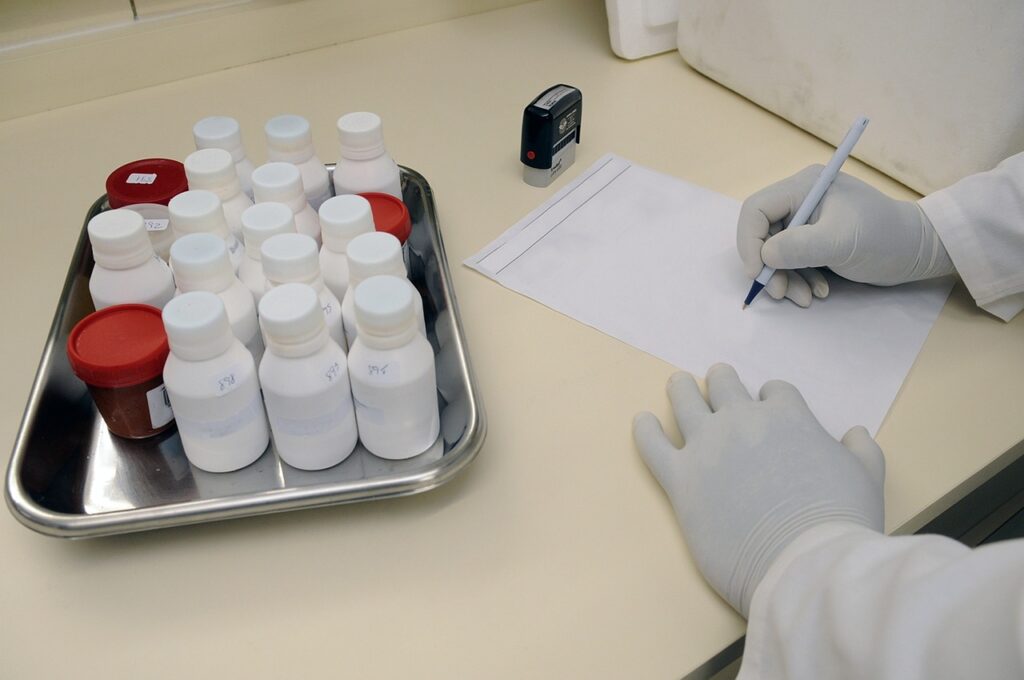
Case Brief
Scenario
Serious adverse event (SAE) reports are now generated directly from electronic data capture (EDC) systems. However, formal SAE reports still require investigative sites to generate narratives of the event. Updates to SAE reports can be fragmented, and even when cumulative, the end result can be disorganized. The responsibility then falls on the sponsor to generate a patient narrative for Investigator Brochures and Clinical Study Reports, typically handled by the sponsor’s medical monitor or pharmacovigilance physician. The strain on these resources is considerable, especially if done at the end of the study.
Strategy
- The client provides the serious adverse events reports.
- After a comprehensive review, a list of SAEs that will be required to have patient narratives will be provided for review/approval.
- Generate all patient narratives as required and according to standards.
- Provide narratives as “drop-in” ready for Investigator Brochure/Clinical Study Report to sponsor for approval.
Outcome
To further enhance your clinical study processes, explore how we simplify literature searches for DSUR in our related post.
